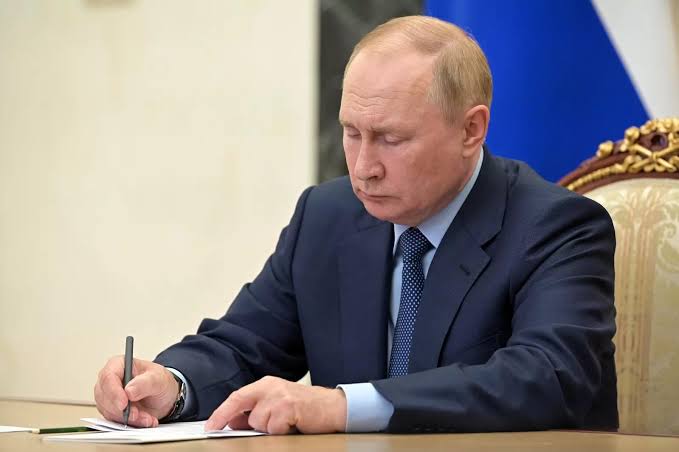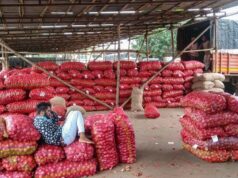IMF, World Bank data show anti-Russia sanctions failed, just like 1998 anti India sanctions

“The statements made by Western countries that they have no plans to hinder the trade and economic ties between our partners and Russia, are baseless,” Mikhail Galuzin said
Data released by the International Monetary Fund (IMF) and the World Bank confirm that the sanctions regime imposed by Western countries on Russia has failed to produce the desired results.
“It is obvious already that the Western sanctions against our country have not brought the intended results as we have not fallen down into the abyss, neither economically nor socially, but rather the country is convincingly demonstrating its robust, sustainable growth potential. This is confirmed both by the World Bank and the IMF, by the way,” said Galuzin a Russian Minister
Meanwhile, the wish “to stifle Russia <…> on the part of the ruling circles in the US and the EU,” even at the expense of their own citizens’ prosperity, has proven to be “stronger than common sense,” Galuzin added. “We see the maniacal stubbornness with which Western countries keep churning out illegitimate packages of sanctions and try to compel the international community, including our closest allies, to comply with them,” he said.
It should be understood that the West’s restrictions “are aimed not only at undermining Russia’s economy, but also at causing the highest possible damage to integrative processes in which [Russia] is participating,” including within the formats of the Commonwealth of Independent States and the Eurasian Economic Union, the senior Russian diplomat stressed. “The statements made by Western countries that they have no plans to hinder the trade and economic ties between our partners and Russia, are baseless. They even make no secret of their interest in subordinating the commodity and food resources of the Central Asian region to their international economic goals,” he said.
The West has long been putting intense political and information pressure on Russia’s Central Asian partner countries, insisting that they comply with anti-Russia sanctions, “impudently requesting reports on trade dynamics and structure,” the Russia deputy foreign minister noted. “Amid this background, our partners are forced to exercise caution to avoid arbitrary treatment of them under the pretext of so-called secondary sanctions,” he added.
Nevertheless, the existing trade and economic commitments between Russia and its partners in the region “are still being fulfilled as they meet the interests of [both] sides,” Galuzin pointed out. “Trade turnover with Central Asian countries increased in 2022. The scale of Russia’s accumulated investment is impressive. Investments by Central Asian countries in Russia have soared four-fold since 2015. More than 10,000 Russian and joint-venture enterprises are working in the region, with over 900,000 jobs having been created by them,” he concluded.



